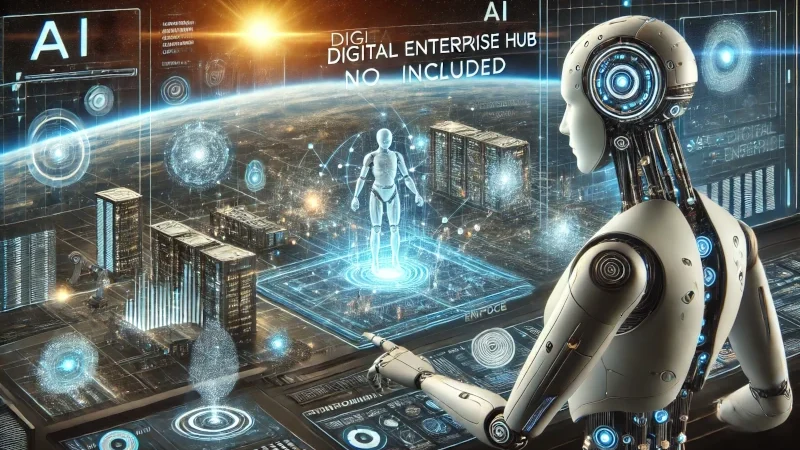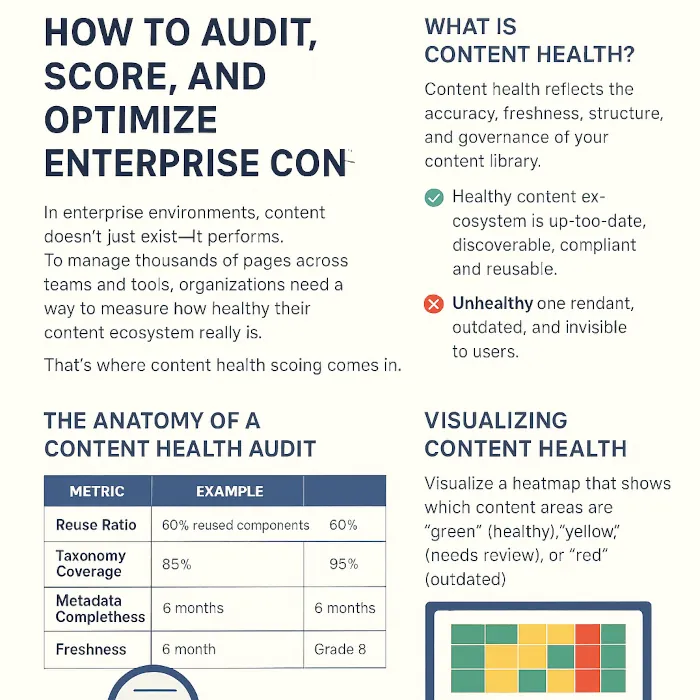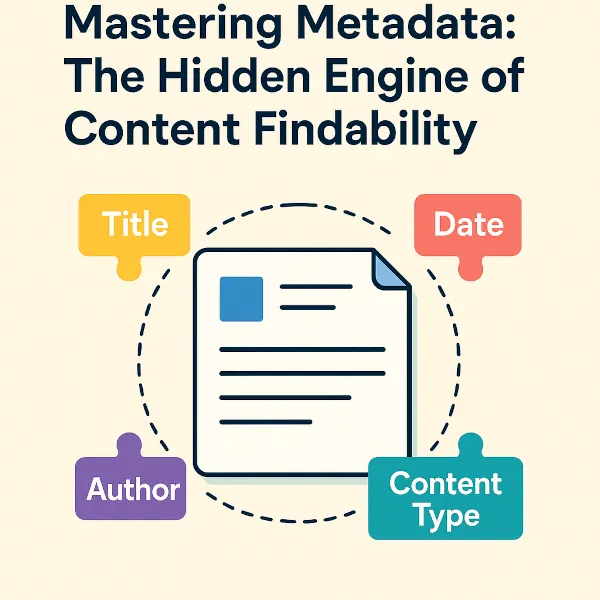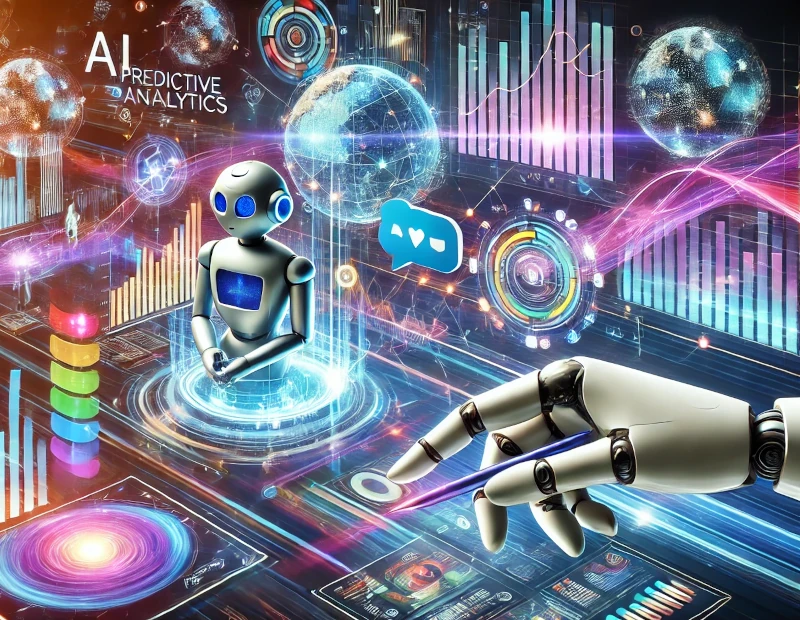The Future of AI: Agentic, Physical, and Sovereign Intelligence
Agentic AI for Enterprise
The rapidly evolving landscape of artificial intelligence is setting the stage for innovations that were once relegated to science fiction. Today, three key paradigms—Agentic AI for enterprise, Physical AI for robotics, and Sovereign AI—are reshaping industries. As a result, this progressive AI is redefining the possibilities of human-machine collaboration. This blog explores what these AI forms are and their impact the industry. Additionally, two compelling use cases that illustrate their transformative potential are portrayed.
What It Is:
Agentic AI refers to intelligent systems that act as autonomous agents within an enterprise. These systems are designed to analyze vast quantities of data, learn from interactions, and make independent decisions. Accordingly, these AI decisions drive optimal operational efficiency and strategic planning. They serve as digital assistants, operational advisors, and process optimizers.
Impact on the AI Landscape:
- Enhanced Decision-Making: By integrating real-time analytics and predictive modeling, agentic AI empowers businesses to make smarter, data-driven decisions.
- Automation and Efficiency: It automates routine tasks, freeing up human resources for higher-level strategic work. Hence, fostering a culture of innovation.
- Adaptability: These systems are capable of adapting to evolving business needs. Thus, making enterprises more resilient in the face of market disruptions.
Physical AI for Robotics
What It Is:
Physical AI extends the principles of machine learning and intelligent decision-making into the realm of robotics. It blends cognitive algorithms with physical hardware, enabling robots to interact with and navigate the real world. This integration is pivotal in industries such as manufacturing, logistics, healthcare, and even space exploration.
Impact on the AI Landscape:
- Precision and Reliability: Robots equipped with physical AI can perform intricate tasks with high precision. Consequently, reducing errors and enhancing productivity.
- Safety and Assistance: In hazardous environments, physical AI-driven robots can take on dangerous tasks. Consequently, ensuring human workers remain safe.
- Innovative Applications: This fusion of intelligence and mechanics paves the way for innovations like autonomous delivery systems and advanced surgical robots, fundamentally changing service delivery.
Sovereign AI
What It Is:
Sovereign AI is an emerging concept focused on the autonomy of AI systems under decentralized, privacy-preserving, and self-governed frameworks. This approach is designed to ensure that AI development and deployment respect data sovereignty, maintain ethical standards, and ensure control remains with the individual or organization. In addition, sovereign AI refers to a nation’s capabilities to produce artificial intelligence using its own infrastructure, data, workforce, and business networks. This dual interpretation emphasizes both organizational independence and national self-reliance in the AI domain.
Impact on the AI Landscape:
- Decentralization: Sovereign AI can function independently without the need for constant oversight from centralized authorities, thus reducing vulnerabilities and enhancing security.
- Data Privacy: With built-in privacy-preserving mechanisms, it empowers organizations to leverage AI without compromising sensitive data, fostering trust and compliance with regulatory frameworks.
- Ethical Governance: This approach promotes accountability and transparency, laying the groundwork for ethically aligned AI applications that respect individual rights.
- National Competitiveness: By cultivating domestic AI ecosystems, nations can protect critical technologies, stimulate local innovation, and ensure that their strategic interests are safeguarded in the global market.
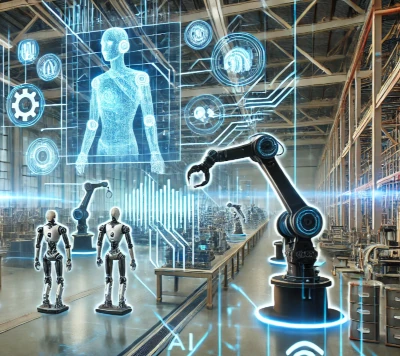
Use Cases Shaping the Future
1. Smart Manufacturing with Agentic and Physical AI
Imagine a manufacturing plant where agentic AI systems continuously monitor production lines. These systems predict maintenance needs, optimize supply chain logistics, and adjust production schedules in real time. Coupled with physical AI-powered robots, the plant becomes a self-sustaining ecosystem. Robots perform precise assembly tasks and adapt to unexpected changes—such as variations in raw materials—while the agentic AI manages overall efficiency. This integration not only boosts productivity but also reduces downtime and operational costs.
2. Decentralized Health Data Management with Sovereign AI
In healthcare, the integration of sovereign AI can revolutionize how sensitive patient data is handled. Hospitals and research institutions can deploy sovereign AI systems to analyze medical records and research data without compromising patient privacy. For instance, a network of decentralized AI agents could collaborate on diagnosing rare diseases by sharing insights while keeping individual data secure. This approach not only accelerates the discovery of effective treatments but also fosters greater trust between patients and healthcare providers.
Looking Forward
The convergence of agentic, physical, and sovereign AI is setting the stage for a future where AI is more autonomous, interactive, and ethically grounded. Enterprises will increasingly rely on agentic AI to drive strategic decision-making, robotics will continue to benefit from advances in physical AI, and the rise of sovereign AI will help balance innovation with privacy, security, and national competitiveness. Together, these technologies will redefine industry standards, unlock new business models, and ultimately empower organizations and nations to navigate the complexities of a dynamic digital future.
The journey ahead is both exciting and challenging, but with these advanced forms of AI, the potential for creating smarter, safer, and more ethical systems has never been greater.
Robert J. Villemure is a digital marketing, e-commerce, and web development expert with over 20 years of experience. As the founder of OptimizexAI, he helps businesses across healthcare, hospitality, higher education, and e-commerce harness AI to drive growth and innovation. Previously, he led large-scale SEO and digital initiatives at Barton Associates and Wynn Encore Boston Harbor, optimizing websites, boosting engagement, and managing multimillion-dollar digital campaigns. A graduate of the MIT Sloan + CSAIL AI program, Robert specializes in AI-driven marketing, predictive analytics, and technical SEO. Through OptimizexAI, he shares insights and strategies to make AI and digital transformation accessible for businesses of all sizes. Connect with him.
